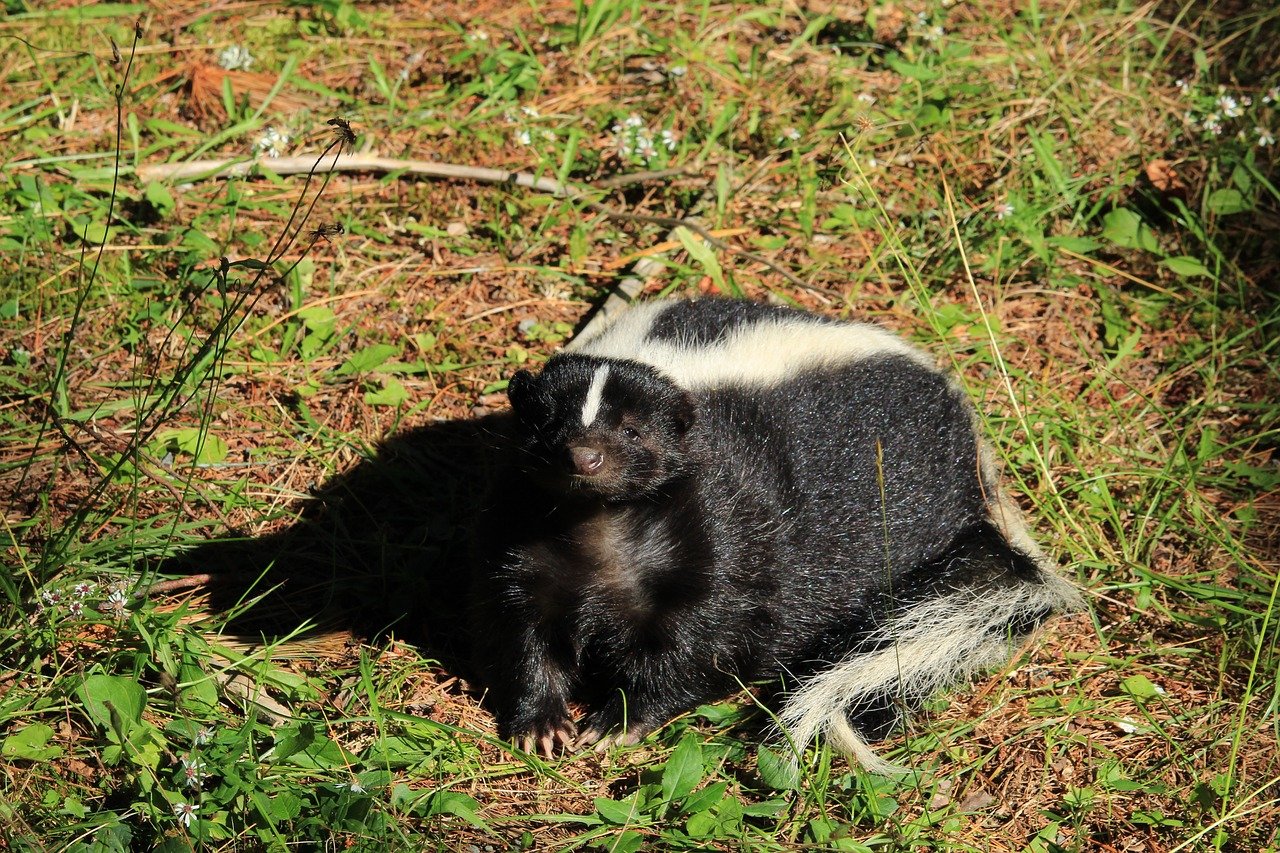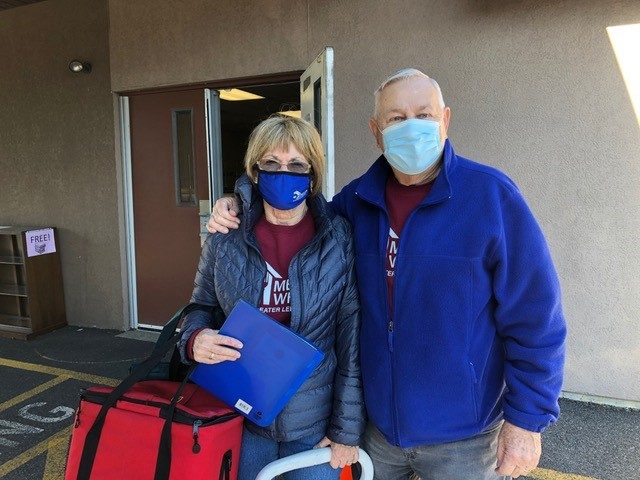Westerville Animal Control Officer Mary Dembiec is reminding residents that we are in the midst of an active season for coyotes and skunk activity.
SKUNKS
Skunk mating season runs from February through March. Skunks do not hibernate but spend the colder months in their burrows, until now. Males can travel up to five miles looking for a mate but usually stay within a 1-2 miles range. The gestation period for skunks is 60-75 days, and they have litters of 1-15 baby skunks (called “kittens”). The litter is raised exclusively by mom.
Dembiec says that skunks are not generally aggressive, but a mother skunk can become aggressive defending her kittens. Skunks do not see well but have keen senses of hearing and smell. Before a skunk sprays, they will give warnings like stamping their feet, charging, hissing and raising their tail.
Make Your Yard Less Hospitable for Skunks
-
Bring in unused pet food and water at night
-
Keep tight-fitting lids on garbage cans
-
Frequently harvest gardens and pick up fallen fruit
-
Restrict use of birdseed; skunks are attracted to it and to the birds and rodents that use the feeder
-
Seal potential entry holes in and under buildings and decks
If You or Your Pet Are Sprayed
If you don’t have a commercially produced cleaning agent on hand, try this mixture:
-
1 quart of 3% hydrogen peroxide
-
¼ cup baking soda
-
1 tsp dish liquid in a bucket
Lather and let sit for five minutes before rinsing.
When to Call Westerville Animal Control
Call Officer Dembiec if you see an injured or sick skunk.
COYOTES
Coyote mating season runs from January through March. The gestation period for coyotes is around 60 days, having litters of up to six pups. Both adults raise the pups and make their dens after mating season. Coyotes are great at adapting to any habitat, being most active at dusk and dawn, but can be seen throughout the day. They are found in all 88 counties in Ohio and can be very vocal during mating season.
Make Your Yard Less Hospitable for Coyotes
Keep yards free of trash, pet food and clean up around your grill.
What to Do if You See a Coyote in Your Yard
Coyotes have a natural fear of humans, but will go after small pets that are unattended or off-leash. They will generally only attack larger dogs if they see them as a threat. If you see a coyote, making noise such as clapping or yelling should scare them and encourage them to leave. For recurring issues and sightings, call the Ohio Department of Natural Resources at 1-800-WILDLIFE, or, (800) 945-3543.
Dembiec cautions that skunks and coyotes can be carriers of rabies and distemper, and encourages owners to keep their pets up-to-date on vaccinations.
For more information about common critters in the City, visit www.westerville.org/animalcontrol and select “Wildlife in Westerville.”









